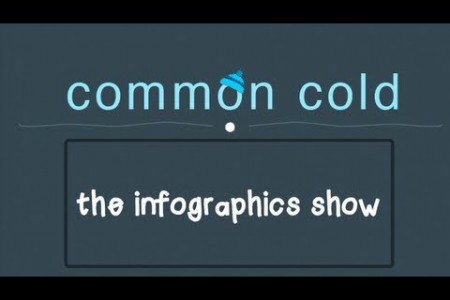
What Happens When You Get a Brain Injury in Different Areas of Your Brain?
6 WHAT HAPPENS WHEN YOU GET A BRAIN INJURY IN DIFFERENT AREAS OF YOUR BRAIN? 99 The human brain is a complex thing! It's made up of several parts, with each having its own important functions. Our brain controls our ability to balance, talk, walk, and eat. It also works to regulate our heart rate, blood circulation, and breathing. Our brains are also what power our ability to speak, process and remember information, feel emotions, and make decisions. Here are the different parts of the brain, along with what would happen if injuries occurred to them. FRONTAL LOBE PARIETAL LOBE Attention o Sense of Touch • Spatial Perception (Depth Perception) Identification of Sizes, Shapes, Concentration o Self-Monitoring ● Organization Expressive Language (Speaking) Motor Planning and Initiation and Colors Visual Perception Awareness of Abilities You could Awareness of Limitations experience difficulty with your five primary senses if you had an injury to this part of the brain. Personality Mental Flexibility Inhibition of Behavior Emotions O Problem-Solving Planning Judgment o ОСCIPITAL LOBE O Vision An injury to the frontal lobe could An injury to your occipital lobe could cause you to have trouble seeing or perceiving the shape and size of objects. affect your impulses, behavior, or ability to control emotions. Difficulty speaking or recalling events could arise, too. TEMPORAL LOBE Memory Understanding Language O (Receptive Language) Sequencingo Hearingo Organization o CEREBELLUM Balance and Coordination • Skilled Motor Activity Visual Perception BRAIN STEM This is the part An injury to the temporal lobe could lead to of the brain that Breathing An injury to the cerebellum controls your involuntary functions that are needed for Arousal could affect your coordination, movement, and balance. difficulty with Consciousness memory or communication. Heart Rate O survival, including both your heart rate and breathing. Sleep and Wake Cycles o An adult brain weighs roughly 3 pounds. In the first year of life, the human brain grows three times its size, and it continues to grow until you're about 18 years old. Your brain uses 20% of the blood and oxygen in your body. Cholesterol is vital for your memory and learning: In fact, your brain contains about 20% of the cholesterol 3Lb Around 75% of the brain is in your body. made up of water. Dehydration can negatively affect your brain function! As we get older, the human brain gets smaller. This typically begins to happen after middle age. Even though it interprets pain signals, the brain cannot actually feel pain. It's believed that dreams are a combination of The sperm whale has the largest brain for an animal. A sperm whale's brain weighs about 20 pounds. When you're in your late 20s, the human brain will begin to lose some cognitive skills and memory abilities. During the mummification process, it was a typical procedure for the Egyptians to remove the brain through the nose. psychological factors, neurological factors, and imagination. This is proof that even when you're sleeping, your brain is working hard! The brain contains around a hundred billion neurons. Source: www.biausa.org/brain-injury/about-brain-injury/basics/function-of-the-brain | www,healthline.com/health/fun-facts-about-the-brain PW Parker | Waichman LLP A NATIONAL LAW FIRM 8.
What Happens When You Get a Brain Injury in Different Areas of Your Brain?
Source
https://www....ain-injuryCategory
HealthGet a Quote











